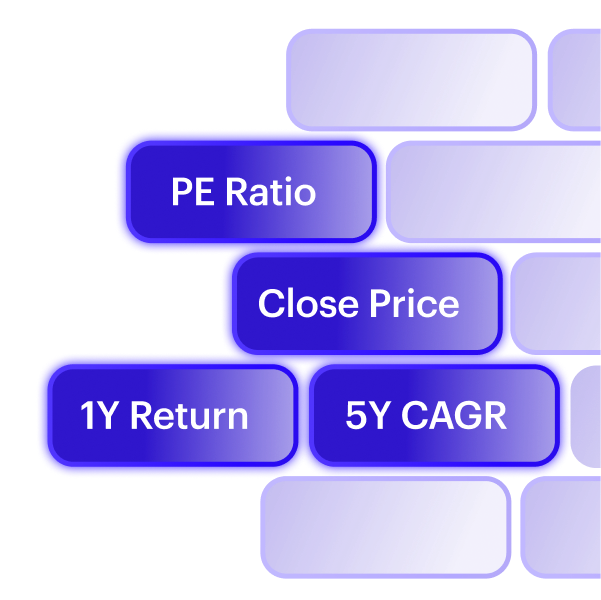Last Updated on May 24, 2022 by Aradhana Gotur
Investing directly in the equity markets is not everyone’s cup of tea. Direct equity investing requires fundamental knowledge of the market as well as company financials. One should have enough time to analyze companies, industries, and factors that affect stock performance in the market. If this seems tedious, one may opt to invest in mutual funds through mutual fund advisors.
There are various types of mutual funds that cater to the varying needs of investors. The industry is constantly striving to launch newer and innovative products every now and then to entice investors to put their money in them. Wading through the choices and selecting a mutual fund is not an easy task. Therefore, sometimes, one may need an expert to map out your profile and find the best-fit fund for your investment portfolio. That expert is the mutual fund advisor.
Table of Contents
Mutual funds and advisors
Mutual funds are a convenient form of investment, especially for salaried professionals who do not have time to track the markets every day. Furthermore, mutual fund advisors and institutions may guide you in making proper investment choices as per your financial goals. They help shortlist the best available choice of funds as per the investors’ interest.
Role of mutual fund advisors
Plan investment
Keeping in mind the investor’s capital, financial goals, and current financial situation, advisors may structure and plan investments accordingly, keeping the investors informed at every step.
Evaluate risk appetite
Every investor brings with them different risk tolerance levels. So it becomes paramount for the investor to pick suitable funds that match their risk profile. Mutual fund advisors guide investors accordingly after a detailed risk profiling exercise.
Diversification of the portfolio
Further to analyzing the possible investment options, mutual fund advisors also help with optimal portfolio diversification. Portfolio diversification is essential when it comes to minimizing the risk.
Portfolio rebalancing
Mutual fund advisors may also help with tracking and assessing the portfolio for performance optimization and suggest rebalancing measures – switching out of a fund or setting up a Systematic Withdrawal Plan or simply redeeming and reinvesting in another fund as per market conditions and the strategy of the investor.
Commission structure of mutual fund advisor
Mutual fund advisors derive their payments through commissions too. It is important to understand their cost structures for appropriate planning.
Payment from the client
Most advisors charge their clients a fixed percentage of the investment amount. It is mutually decided and mostly ranges between 1% to 2% of the investment amount.
For example, if an investor invests Rs 1,00,000 into a mutual fund scheme, and if the advisor’s fee is 2% then, the advisor will get Rs 2,000 as charges.
Upfront commission
The advisors get this commission directly from the mutual fund company or the asset management company as payment towards pushing their products to potential investors. The commission amount is not fixed and varies from fund to fund. For instance, commission for equity funds is higher as compared to debt funds.
Trail commission
Trail commission is the primary source of income for most advisors. Under this scenario, the advisor gets a fixed annual commission on the entire asset under management. For example, if the advisor has 100 clients and a total of 1cr of assets under management. And, if the trail commission is 1%, then annually, the advisor will get Rs 1,00,000 as commission.
Regulations by SEBI on mutual fund advisors
Here are some of the regulations framed by SEBI specifically for mutual fund advisors:
Segregation of distribution activities
The majority of the time, the registered investment advisor pitches the investment option which offers the highest commission. Therefore, as per SEBI’s guidelines, the investment advisor must display all the charges and commissions related to the investment option.
Implementation services
The advisor provides many services to the investor. However, the choice should be left to the investor. Furthermore, there should not be any obligation on the investor to avail of the services.
Agreement
As per SEBI’s mandate, for better understanding and legal records, an agreement is mutually signed by both parties.
Fees
As per SEBI guidelines, advisors need to charge fees at the prescribed rates for all their services. However, the fee structure levied by the investment advisor differs from product to product.
Difference between a mutual fund advisor and a manager
There is a major difference between the two. A mutual fund manager is employed by a mutual fund house or an AMC and is responsible for building the specific portfolios, keeping the objective of the fund in mind.
Whereas, a mutual fund advisor’s main job is to sell mutual fund products to potential investors. They work according to the client’s needs and help make the right decision based on the investor’s financial goals.
SEBI guidelines for mutual fund investors
As per SEBI recommendations, mutual fund investors should focus on obtaining knowledge about the investment options in the field. Furthermore, if possible, they should do their homework before approaching any advisor for their services. It helps investors to make informed choices and not blindly be way-led by mutual fund advisors.
As an investor, one should focus on portfolio diversification. The advisors will guide you towards diversification. However, it is the investor’s responsibility to ensure that their portfolio is diversified well to minimize the risk.
Bottom line
Mutual funds that are dynamic investment opportunities may work out better for your portfolio when navigated through registered mutual fund advisors. They not only understand your goals and risk but also consider market variations and other uncertainties before recommending funds. SEBI recommends every investor to thoroughly research the funds and also the advisors to safeguard their investments.
- SBI Equity Mutual Funds – List of Top Performing Schemes for 2025 - Mar 27, 2025
- Hedge Funds in India: Definition, Types, & Benefits - Mar 27, 2025
- List of Overnight Mutual Funds in India (2025) - Mar 17, 2025




